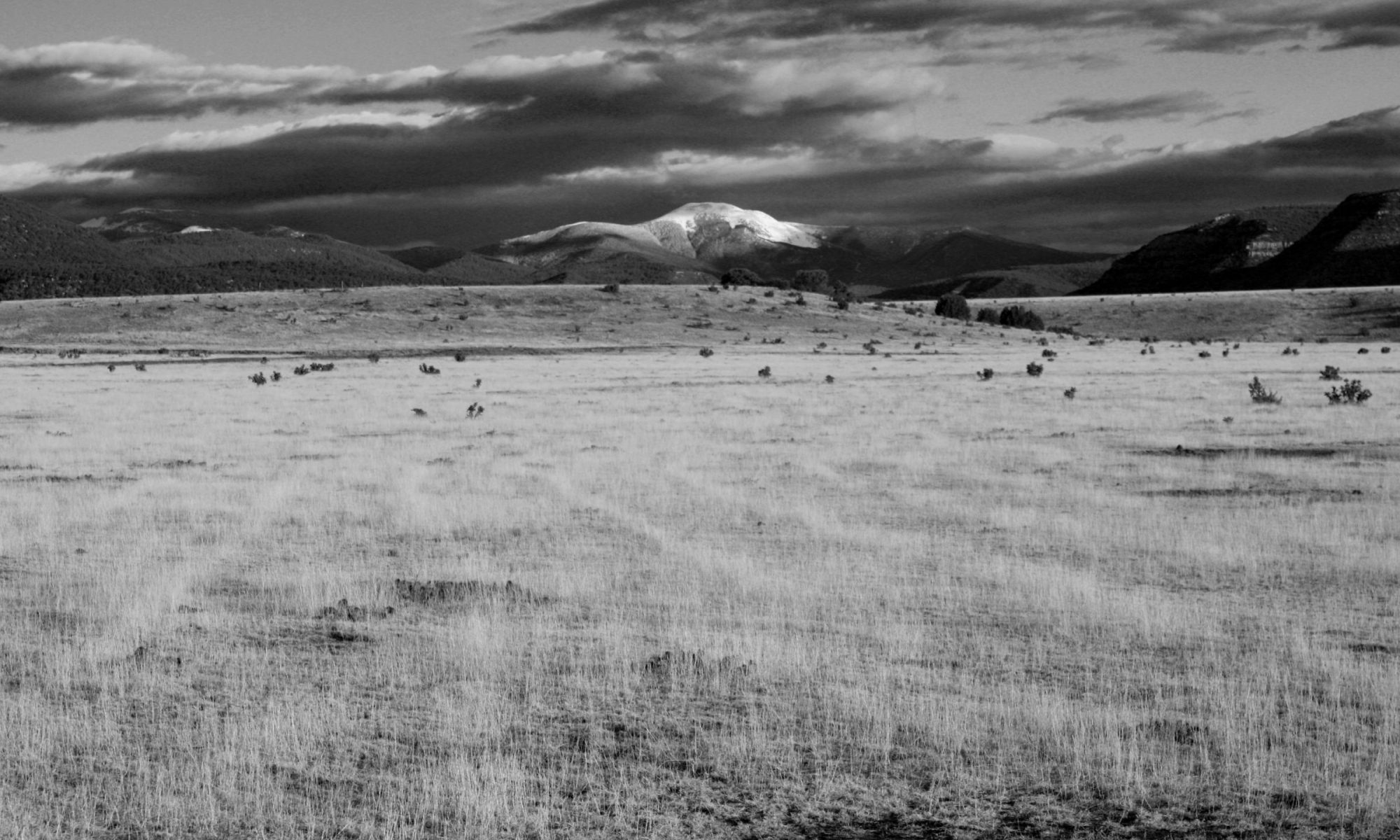A glimpse or calotype of the sunlit Spring-greened courtyard would give the impression a wedding or some other such happy occaision had just taken place and the crisply dressed participants disgorged from the event hall, but we had just slain a man.
In truth, a double-dozen or so men and women hadn’t all slain the man. The court hadn’t judged a capital crime in over a century of years—we had no headsman—so, we hooded up six men from the Livestock Guild and one from the Castle Guard, shuffled them around, and had them draw straws. The hoods did little to protect the anoymity of any of the men. We knew each by his shape or height or boots. Our work fell to a pig butcher. Hooded, the pig butcher, exercised our justice. Hooded, he’d remain above recrimination. Blameless.
In three weeks time no one brought their hogs to Karll. He had to leave The City to find work.
In the minutes following, while we gathered in groups no more numerous than three—you can’t speak of an execution in large numbers, if you can speak of it at all—the hood had worked. It had protected the pig butcher and distributed the blame on us, the judges and hangers on. We had killed the man.
I sat alone on a bench high flower terrace. I might have been sipping iced Chantacleise wine if it were a nuptial. Instead my hands hung empty and limp from the ends of my arms. Later I’d wash the guilt away like the grime gathered on open ride from The City to Sharba, but in that moment that hood and my secret meant my hands were bloody.
A glimpse or calotype of the sunlit Spring-greened courtyard would give the impression a wedding or some other such happy occaision had just taken place and the crisply dressed participants disgorged from the event hall, but we had just slain a man.
In truth, a double-dozen or so men and women hadn’t all slain the man. The court hadn’t judged a capital crime in over a century of years—we had no headsman—so, we hooded up six men from the Livestock Guild and one from the Castle Guard, shuffled them around, and had them draw straws. The hoods did little to protect the anoymity of any of the men. We knew each by his shape or height or boots. Our work fell to a pig butcher. Hooded, the pig butcher, exercised our justice. Hooded, he’d remain above recrimination. Blameless.
In three weeks time no one brought their hogs to Karll. He had to leave The City to find work.
In the minutes following, while we gathered in groups no more numerous than three—you can’t speak of an execution in large numbers, if you can speak of it at all—the hood had worked. It had protected the pig butcher and distributed the blame on us, the judges and hangers on. We had killed the man.
I sat alone on a bench high flower terrace. I might have been sipping iced Chantacleise wine if it were a nuptial. Instead my hands hung empty and limp from the ends of my arms. Later I’d wash the guilt away like the grime gathered on open ride from The City to Sharba, but in that moment that hood and my secret meant my hands were bloody.
